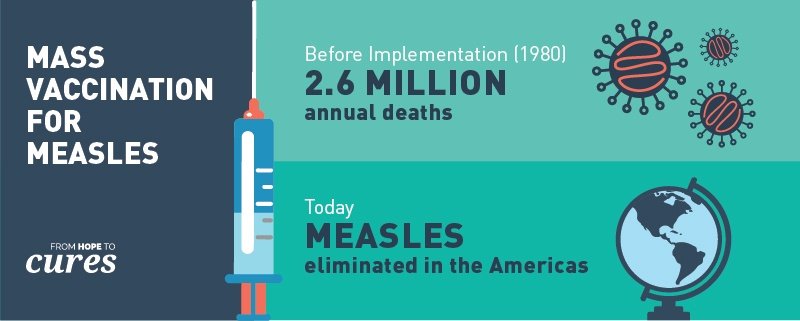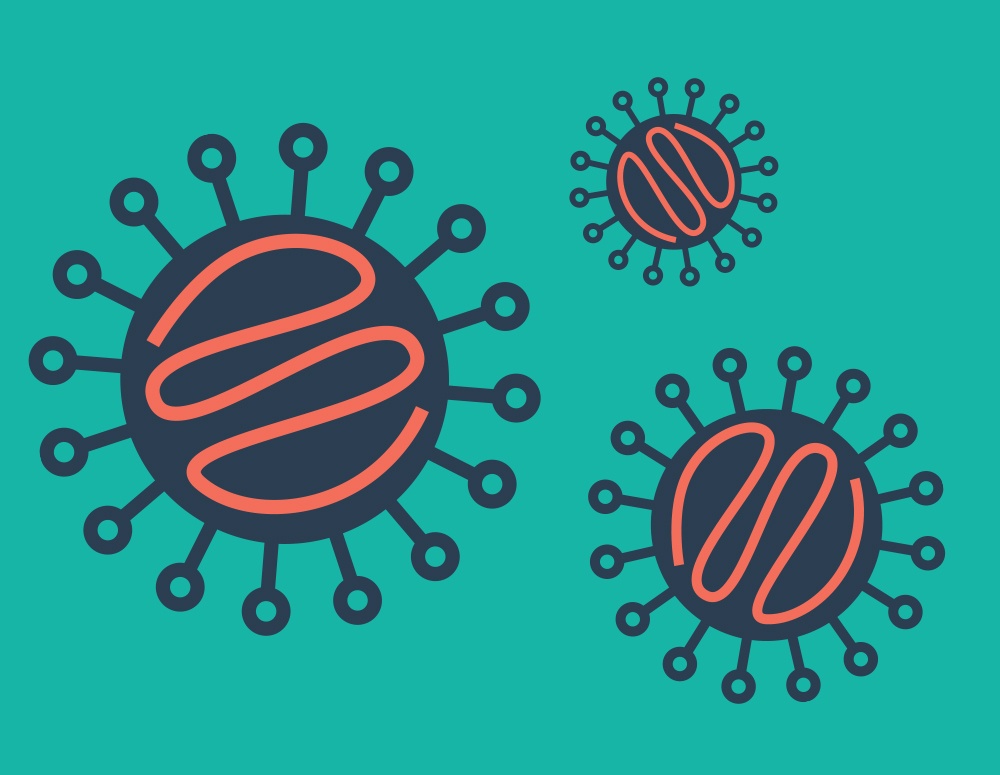On September 27, the Pan American Health Organization (PAHO) alongside the World Health Organization (WHO) announced that the Region of the Americas is the first region in the world to have eliminated measles. This tremendous health achievement is the byproduct of more than 200 years of biomedical research and development, and thanks in part to America’s biopharmaceutical companies, continued innovation proves promising for eliminating preventable illnesses that still exist worldwide today.
Before mass vaccinations began in 1980, measles caused nearly 2.6 million deaths a year worldwide. But vaccines have played a critical role in reducing the threat of the world’s most devastating infectious diseases. In the case of measles, it is the fifth vaccine-preventable disease to be eradicated from the Americas, following the regional eradication of smallpox (1971), poliomyelitis (1994) and rubella and congenital rubella syndrome (2015).

The news this week from PAHO and WHO showcases the hope vaccines offer patients where such diseases are still prevalent. A recent PhRMA report, “Medicines in Development for Vaccines,” offers more insight into the more than 250 vaccines currently in the biopharmaceutical pipeline designed to prevent and treat illness. With 124 vaccines in development for infectious diseases alone, the future of eliminating such diseases looks more and more promising, especially with more than two-thirds of the new vaccines in the last 25 years having been developed in the United States.
For more information on the medicines in development for vaccines, view the full report here.




